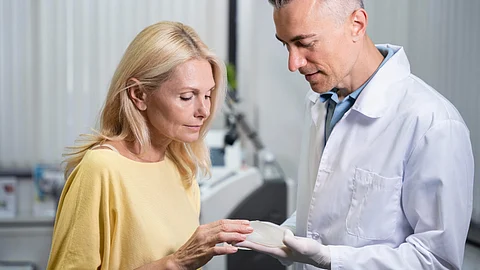Once you arrive, here’s what to expect during a skin cancer screening Brisbane clinics offer:
Initial Consultation and Skin Examination
The dermatologist will start by discussing your medical history and any concerns you’ve noted about your skin. They’ll then perform a full body examination, looking for any suspicious moles, spots, or skin changes that could indicate skin cancer.
Risk Assessment
Based on your history, the doctor may assess your risk level. Factors like fair skin, excessive sun exposure, and a family history of skin cancer increase your risk, and these will be taken into account during your check.
Treatment Options
If any suspicious spots are identified, your dermatologist may perform a biopsy for further testing. In some cases, a mole or lesion may be removed on the spot if it’s deemed potentially dangerous.


